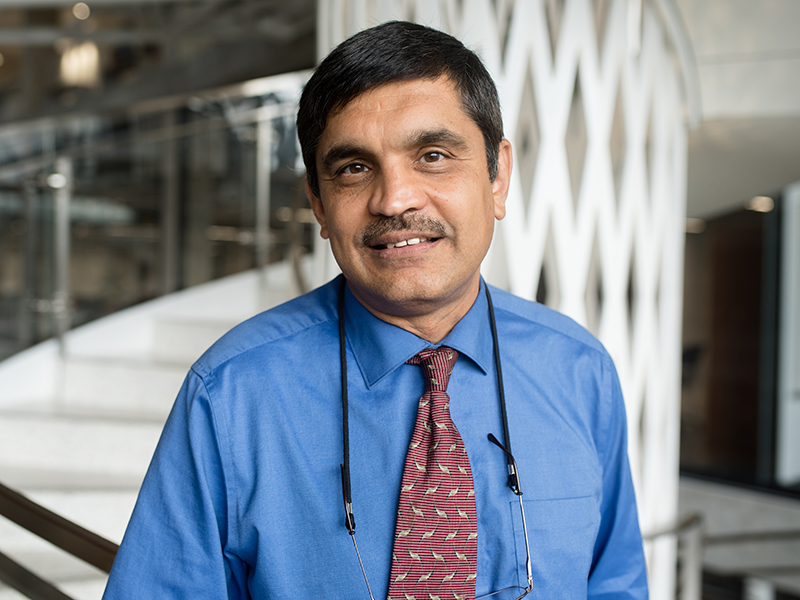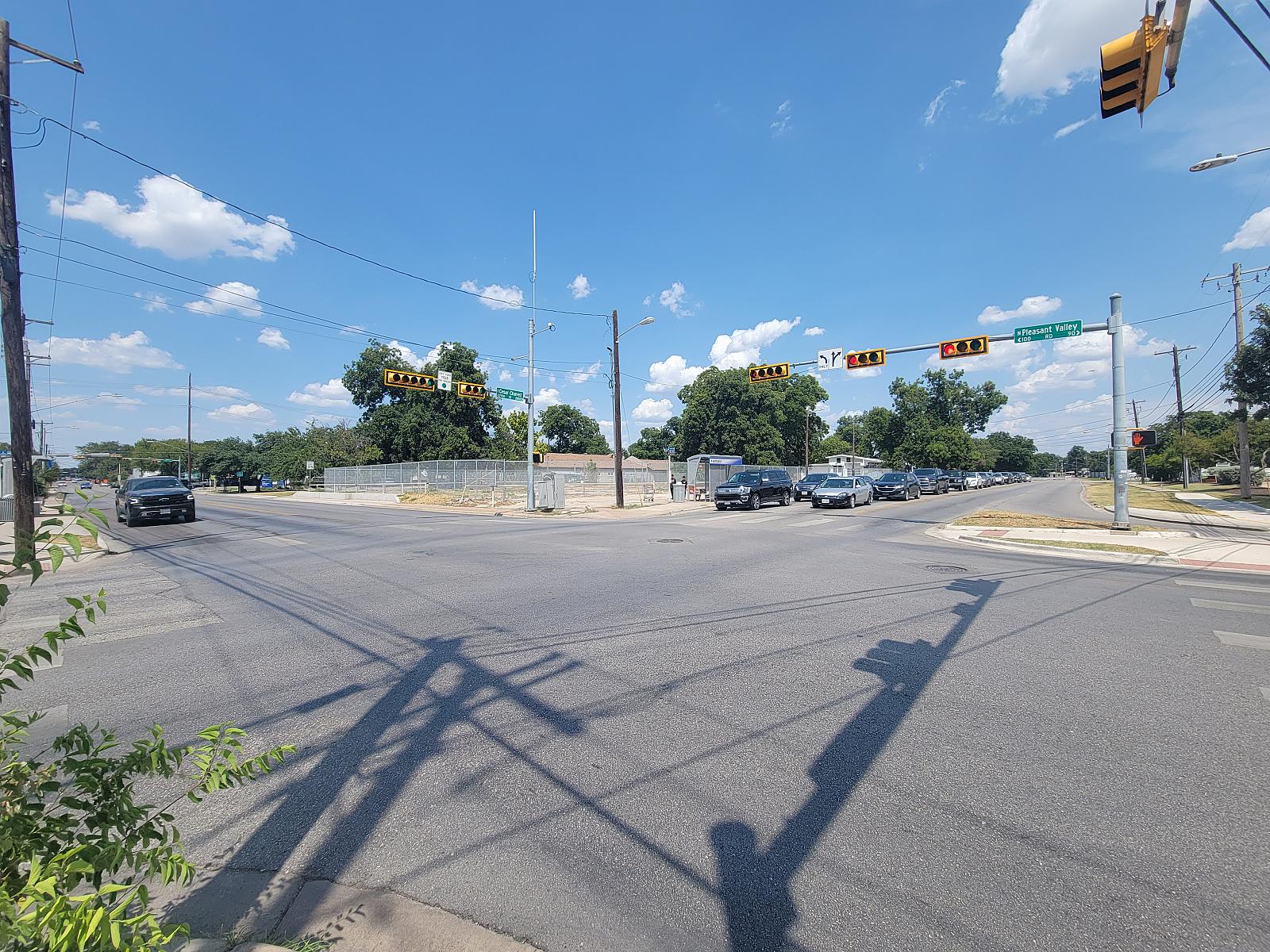There's a growing body of research showing that members of marginalized populations are more likely to be involved in severe or fatal crashes as pedestrians, and that disparity is on the rise.
Recent research from Texas Engineers unravels the reasons behind this trend. Looking at data from the city of Houston, the researchers found that vehicle-pedestrian crashes are far more frequent in primarily Black neighborhoods compared to non-Black neighborhoods, and infrastructure was the main reason.
While these majority Black neighborhoods only made up a total of 14% of the area surveyed by the researchers, they experienced 35% more pedestrian crashes than non-Black neighborhoods, according to the analysis.
"What we've learned is that Black neighborhood locations are significantly overrepresented in the pool of pedestrian fatalities and severe injuries, by yards, not inches, and we wanted to understand what causes this disparity," said Chandra Bhat, a professor in the Cockrell School of Engineering's Department of Civil, Architectural and Environmental Engineering, who co-authored the study recently published in Accident Analysis and Prevention.
Though many factors played in to the disparity, the researchers laid the blame on primarily on what they called a poorly designed built environment. Roadway and pedestrian infrastructure in majority Black neighborhoods were more unfriendly to pedestrians than the infrastructure in non-majority Black neighborhoods.
These types of features include wider lanes, transit stops near traffic lights, intersections with more than four lanes and more. The researchers found that these built environment features contributed 54% to explaining the occurrence of pedestrian crashes studied.
"At some level, the lack of safe pedestrian infrastructure in the majority Black neighborhoods needs to be addressed because such disparities play a significant role in the elevated pedestrian-related fatalities and injuries among marginalized groups,” said Angela Haddad, a Ph.D. student in Bhat’s lab and a co-author of the study."

The intersection of East Cesar Chavez Street and North Pleasant Valley Road is an Austin example of many of the built environment elements that contribute to increased pedestrian-vehicle crashes.
Beyond infrastructure, behavioral aspects are also a piece of the puzzle. Previous research shows that motorists are more willing to stop for white pedestrians compared to Black pedestrians, a finding that is also suggested by this research.
Bhat further noted that there can be "social resistance" from marginalized groups to follow rules and procedures that are perceived as being set by the majority without input. In the case of traffic and pedestrians, that can potentially manifest in increased jaywalking among some populations compared to others.
However, the researchers say, this should be viewed not from the standpoint of possible infractions on the part of the victims, but instead through the lens of how systemic racism and non-engagement with communities can translate into unexpected everyday behaviors. This underscores the urgent need for inclusive and community-driven transportation policy and infrastructure planning.
Ultimately, there isn't a single solution that solves all of these problems, Bhat says. What's needed is a more holistic planning process by leaders to address these issues of problems in the built environment, social resistance, exposure, and more.
The study’s findings arrive at a critical juncture, as national pedestrian fatalities have surged by 51% over the past decade, contrasting with a modest 7% increase in population size, even as the share of walking trips has remained constant. The hope is that this paper, and the growing documentation of the disparity in pedestrian crashes in general, will help policymakers develop countermeasures and interventions to this growing problem.






